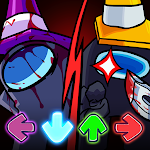It’s rare that a developer becomes synonymous with a single genre, but Bethesda has its signature style so locked down that it’s a wonder we don’t just call the entire field of first-person open-world Western RPGs “Skyrimlikes” or “Oblivionvanias.” Over the past three decades since the debut of The Elder Scrolls: Arena, Bethesda Game Studios has emerged as a juggernaut in the triple-A space, garnering a fervent fanbase, massive sales, and a $7.5 billion acquisition by Microsoft, all thanks to their steadfast design principles.
Bethesda’s journey has seen its share of monumental hits and significant misses. The recent release of The Elder Scrolls: Oblivion Remaster has prompted us to reassess our rankings of their games. Given the long wait for The Elder Scrolls VI, which is currently just a logo, it’s an opportune time to rank Bethesda’s portfolio. This list focuses on Bethesda's core RPGs, excluding spinoffs like the co-op-focused Battlespire and the action-adventure Redguard, as well as mobile titles such as The Elder Scrolls Blades and Fallout Shelter, though the latter holds a special place for its dark humor and Vault Boy style.
This ranking is dedicated to Bethesda's major RPGs, the sprawling, prestige sandboxes that define what a "Bethesda Game" truly is. Let’s begin with the humble origins:
9: Elder Scrolls: Arena
The first entry in the franchise isn’t ranked last due to its quality, but rather because it was a pioneering effort. In 1994, Bethesda had primarily worked on sports and Terminator games, and Arena was a blend of both. Initially, the game revolved around medieval gladiator battles and sidequests, but evolved to allow players to explore cities, interact with NPCs, and delve into challenging dungeons. Arena, while of its time, laid the groundwork for the series with its arcane systems, randomized loot, and clunky controls. Despite the flawed combat system and the decision to retain the gladiator-themed title, Arena's success set Bethesda on a path to fulfill its ambitious vision.
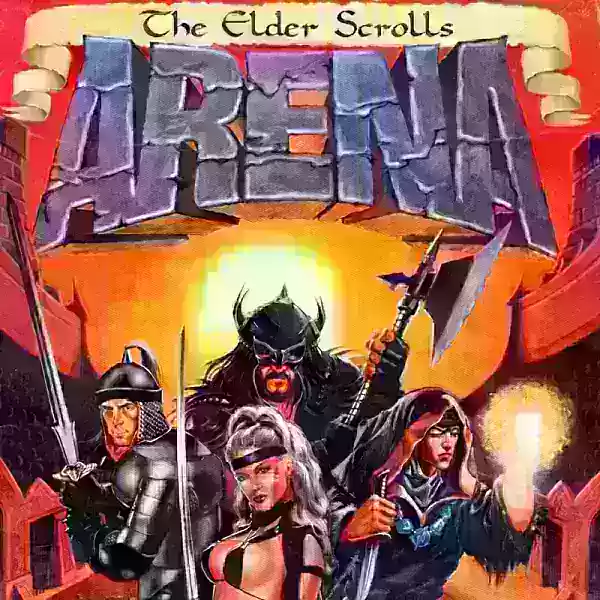 The Elder Scrolls: Arena
Bethesda
The Elder Scrolls: Arena
Bethesda
8: Starfield
With each new Bethesda Game Studios release, speculation abounds about whether it will abandon the aging "Gamebryo" engine. Starfield, however, continued to use the updated "Creation Engine 2.0," complete with its familiar loading screens. The game's NASApunk sci-fi setting was a refreshing departure from the familiar locales of Tamriel and the Wasteland, though it struggled to fit Bethesda's style. While Bethesda excels at crafting a single, interconnected world full of discovery, Starfield's 1,000 procedurally generated planets felt repetitive with limited points of interest. Despite the high budget, Starfield's shortcomings placed it near Arena, reflecting the challenges of scaling up while maintaining the charm of Bethesda's earlier works.
 Starfield
Bethesda Game Studios
Starfield
Bethesda Game Studios
7: Elder Scrolls: Daggerfall
Bethesda’s experience with procedural generation dates back to Daggerfall, released in 1997. This game featured an astonishingly vast world of 80,000 square miles, filled with diverse climates, political regions, and numerous points of interest. While the combat system remained rudimentary, Daggerfall introduced the series’ signature skill-based progression system. The game’s overworld offered rich immersion through property ownership, guild membership, and criminal activities with consequences. Despite its size and some procedural imperfections, Daggerfall remains a testament to Bethesda’s ambition in crafting expansive worlds.
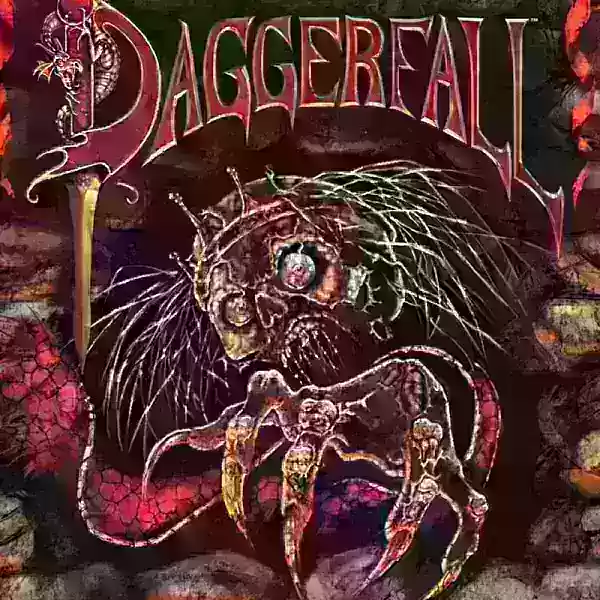 The Elder Scrolls: Chapter II -- Daggerfall
Bethesda
The Elder Scrolls: Chapter II -- Daggerfall
Bethesda
6: Fallout 76
Fallout 76's inclusion on this list might surprise some, given its initial launch as a multiplayer looter-shooter rather than a story-driven RPG. Initially, it lacked handcrafted dialogue and NPCs, relying on player interactions for flavor, which proved to be a misstep. However, subsequent updates like Wastelanders added voiced NPCs, improving the RPG elements. While it gained a following, especially after the success of the Fallout TV series, it still ranks lower than the more polished Elder Scrolls Online. Fallout 76’s shift towards live-service elements raised concerns about Bethesda’s direction with the franchise, yet it has found a niche among fans.
 Fallout 76
Bethesda Game Studios
Fallout 76
Bethesda Game Studios
5: Fallout 4
With 25 million copies sold, Fallout 4 is the most commercially successful game in the series. It introduced streamlined gameplay and quality-of-life improvements, turning the franchise into a mainstream hit. However, it sacrificed some depth and complexity. Fallout 4 offers a polished experience with responsive controls and a well-designed Commonwealth to explore. The settlement-building system was an innovative addition, though its appeal varied. The storyline, involving synthetic humans and a predictable twist, felt at odds with the Fallout universe. The dialogue system, limited by voiced protagonist options, was a significant drawback, but the game's accessibility and features made it a blockbuster.
 Fallout 4
Bethesda Game Studios
Fallout 4
Bethesda Game Studios
4: Fallout 3
When Bethesda announced the acquisition of the Fallout franchise in 2004, it sparked a mix of excitement and apprehension among fans. The revival began with a compelling opening sequence that introduced the V.A.T.S. system, a brilliant mechanic that transitioned the series from isometric to first-person gameplay. However, not all elements were as successful. The Capital Wasteland, while filled with iconic landmarks, suffered from repetitive encounters and a green-tinted aesthetic. The narrative's ending was criticized and later addressed with the Broken Steel DLC. Despite these flaws, Fallout 3 showcased Bethesda's strengths and weaknesses, with mods like Tale of Two Wastelands enhancing the experience.
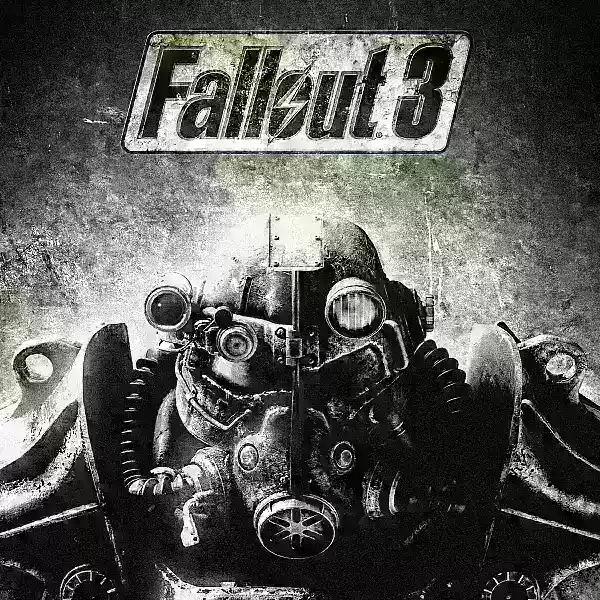 Fallout 3
Bethesda Game Studios
Fallout 3
Bethesda Game Studios
3: The Elder Scrolls IV: Oblivion
Oblivion serves as the blueprint for modern Bethesda games, influencing not only subsequent Elder Scrolls titles but also Fallout and Starfield. It introduced iconic elements like the awkward conversation zoom and the dominance of stealth archery. The main storyline involves fending off a Daedric invasion, but the game’s sidequests, especially those tied to the guilds, are particularly memorable. The Dark Brotherhood missions, with their specific kill conditions, and the Thieves Guild, shrouded in mystery, stand out. Despite its visual flaws and repetitive elements, the Oblivion Remaster modernizes the experience, retaining its charm while addressing some issues. However, the remaster's improvements may not yet elevate it above Skyrim.
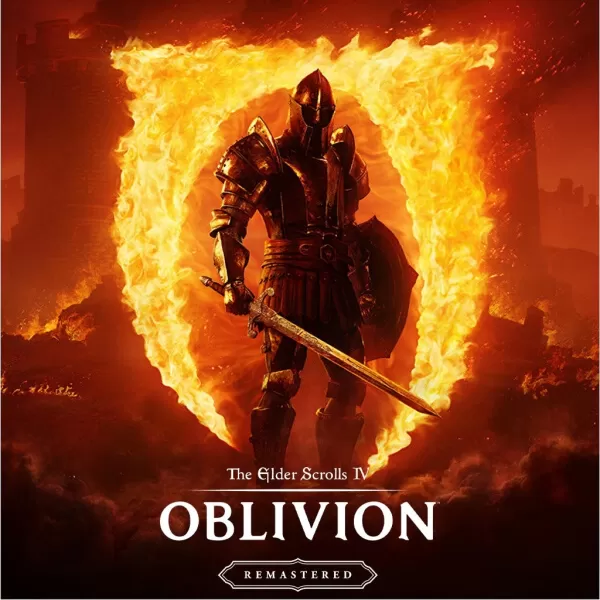 The Elder Scrolls IV: Oblivion Remastered
Bethesda Game Studios
The Elder Scrolls IV: Oblivion Remastered
Bethesda Game Studios
2: The Elder Scrolls V: Skyrim
Skyrim, while simplifying some aspects of previous Elder Scrolls games, made significant improvements to gameplay. The quests may be shallower, and character customization less intricate, but the game excels in its responsive controls, dual wielding, weapon crafting, and the unique shout system. Skyrim's setting, with its frozen tundra and varied landscapes, creates a cohesive and immersive world that players can easily become lost in. Its success transformed the Elder Scrolls into a mainstream phenomenon, much like Elden Ring did for the Souls series. Skyrim balances accessibility with depth, allowing a broad audience to enjoy its dragon-slaying fantasy.
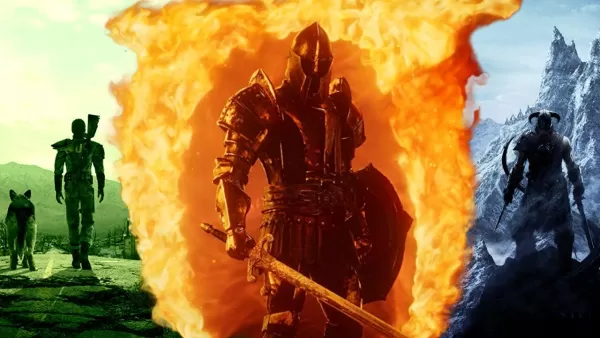
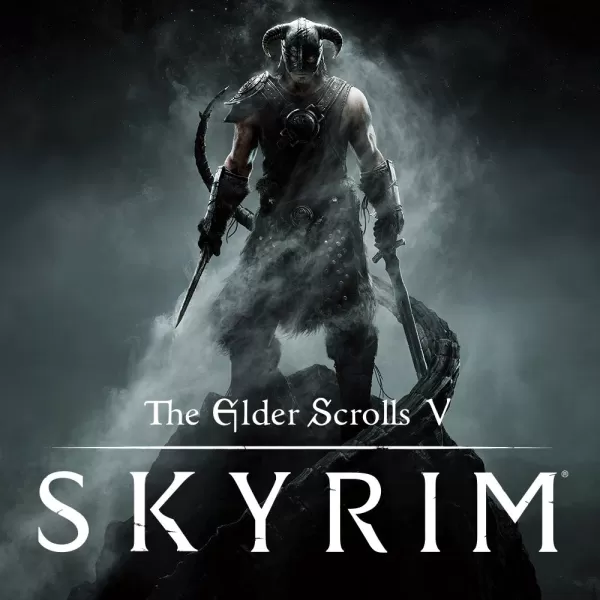 The Elder Scrolls V: Skyrim
Bethesda Game Studios
The Elder Scrolls V: Skyrim
Bethesda Game Studios
Honorable Mention: Fallout: New Vegas
We must acknowledge Fallout: New Vegas, often considered the best Fallout game, developed by Obsidian using Bethesda's engine. Its blend of old-school RPG elements with Bethesda's open-world design is unparalleled, and it's a must-play, especially with the anticipation of the show's second season.
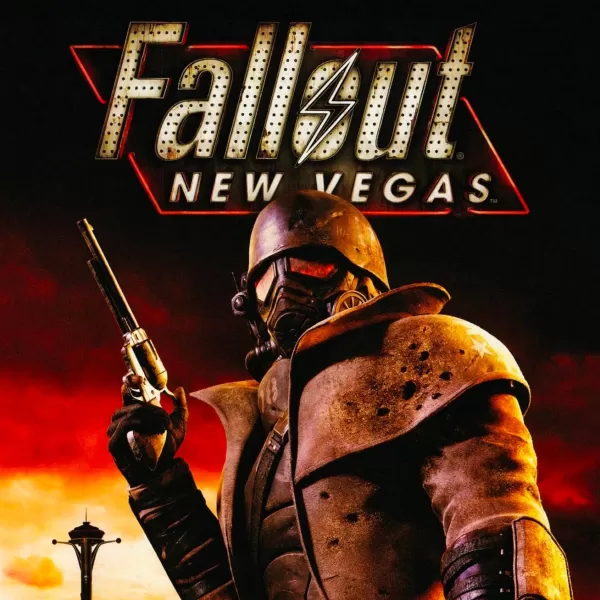 Fallout: New Vegas
Obsidian Entertainment
Fallout: New Vegas
Obsidian Entertainment
1: The Elder Scrolls III: Morrowind
Morrowind, despite its dated and complex mechanics, remains the pinnacle of the Elder Scrolls series for its unparalleled freedom. Without quest markers, players must rely on a dense journal and clues, fostering a true sense of exploration. The spellmaking system allows for creative and powerful combinations, and the dialogue is expansive and immersive. Unlike later games, Morrowind allows players to kill any NPC, even essential ones, adding a layer of consequence to actions. The world of Vvardenfell, with its unique aesthetic inspired by The Dark Crystal and Dune, is a magical, otherworldly experience. Though less accessible than its successors, Morrowind’s individuality and freedom make it the greatest Bethesda game, inviting comparisons to modern classics like Baldur’s Gate 3.
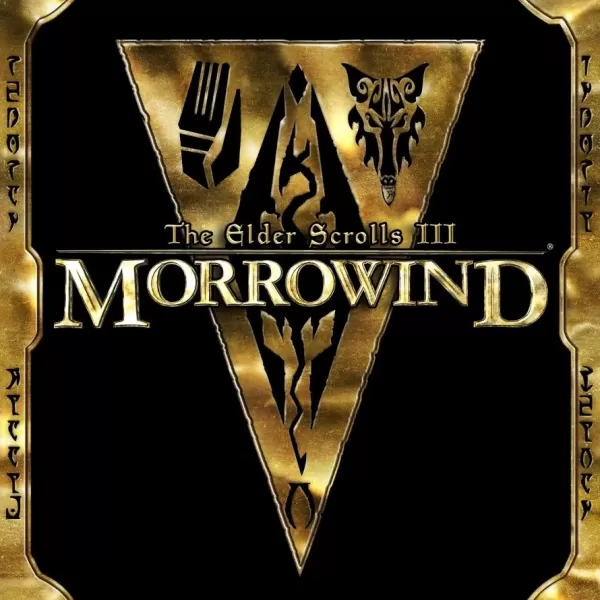 The Elder Scrolls III: Morrowind
Bethesda
The Elder Scrolls III: Morrowind
Bethesda





